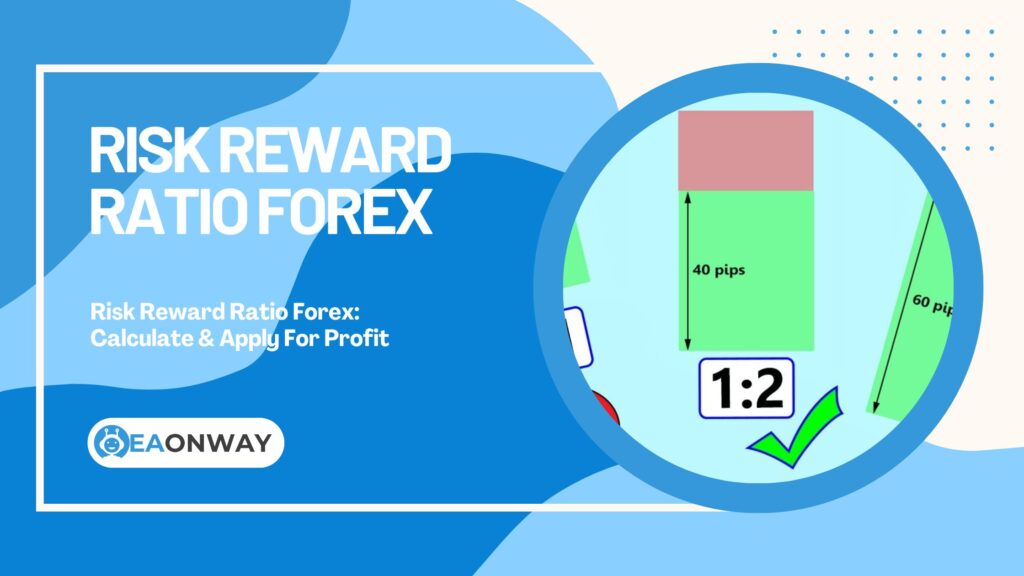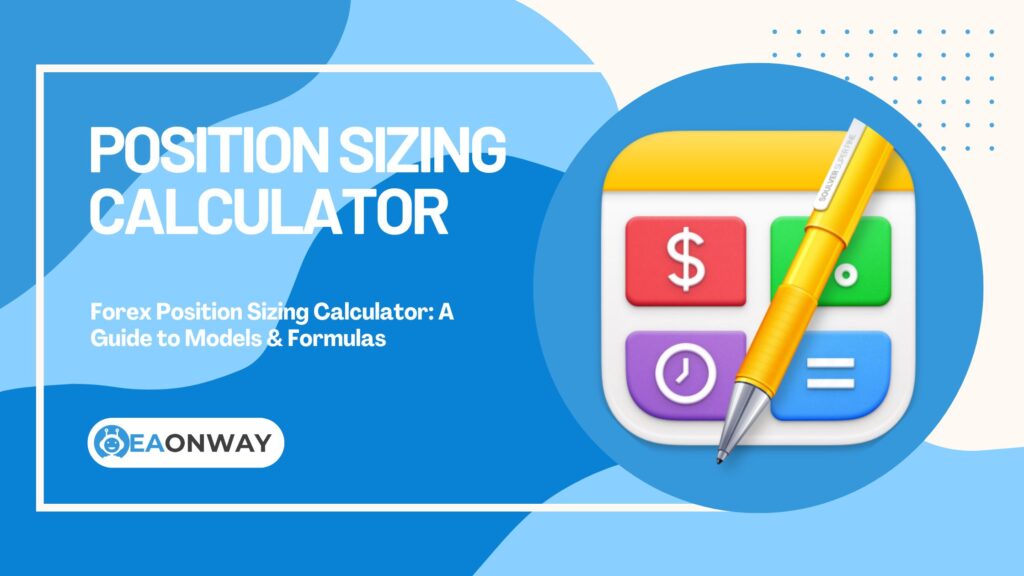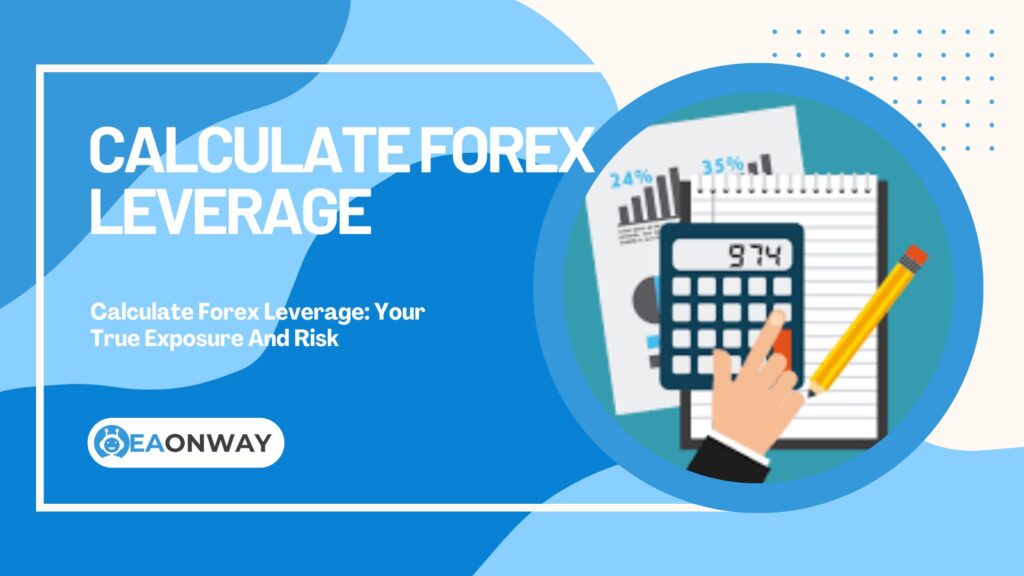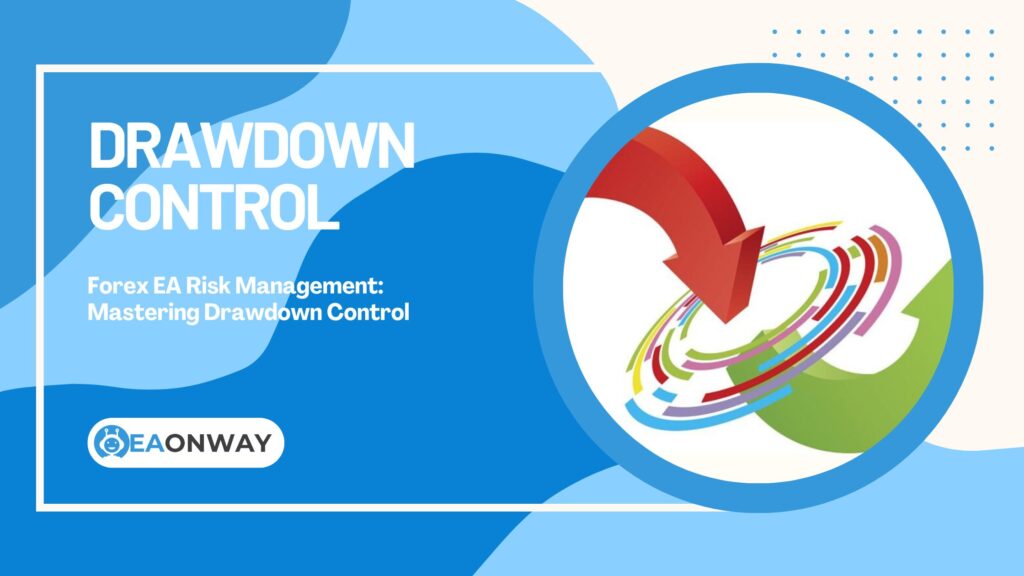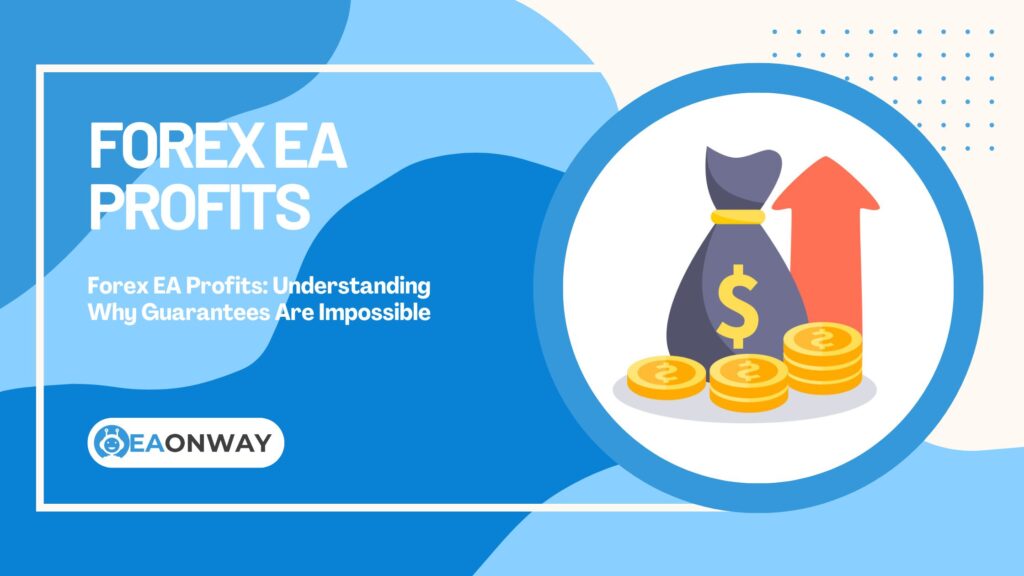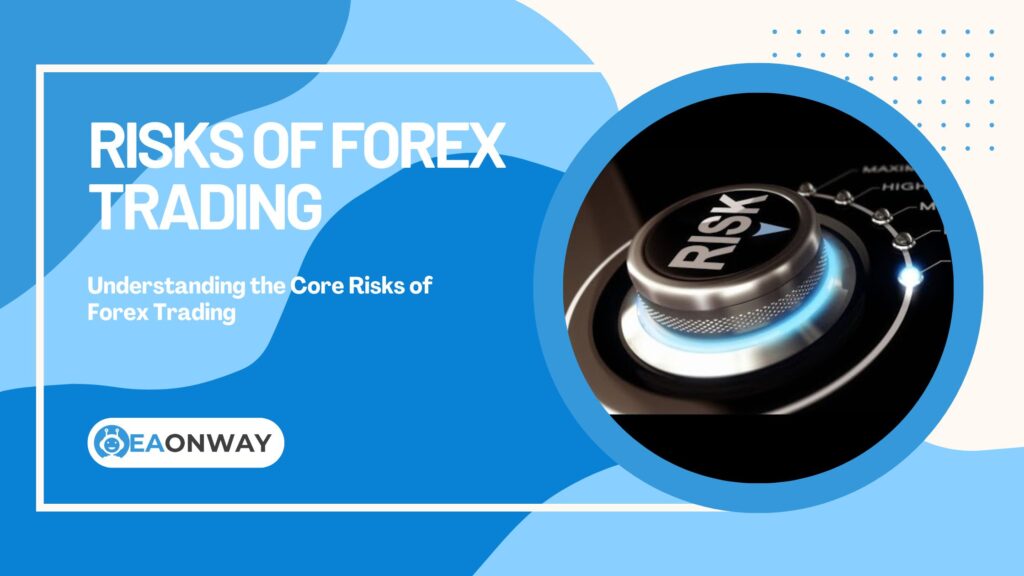Margin Call Survival Guide: Steps to Take & Avoid
Navigating the treacherous waters of the foreign exchange market requires a keen understanding of its inherent risks. One of the most alarming events a trader can encounter is a forex margin call, a critical situation that can swiftly deplete trading capital if not properly understood and managed. Imagine this: you open your trading platform, and a stark notification glares back – your account is facing a forex margin call. This dreaded scenario, often fueled by high leverage or unexpected market swings, signals that your account’s equity has fallen below the broker’s required minimum. For traders, especially those new to the complexities of Forex or utilizing automated systems like Expert Advisors (EAs), comprehending the mechanics of a margin call in forex is not just important; it’s fundamental to survival.
This comprehensive guide, your “Margin Call Survival Guide: Steps to Take & Avoid,” will meticulously break down what a forex margin call entails, exploring the common forex margin call causes and why it happens. We will detail the crucial steps to take if you receive one—exploring what to do margin call scenarios—and most importantly, provide actionable strategies to avoid margin call situations in the first place. Our objective is to equip you with the knowledge to manage this significant trading risk, understand the realities of forex account recovery, and cultivate realistic expectations, particularly when considering automated trading tools. This deep dive aims to empower you, helping you transform potential financial pitfalls into learning opportunities.
Key Takeaways: Navigating a Forex Margin Call
Here’s a quick summary of the essential points to understand about surviving and preventing a forex margin call:
- A forex margin call is a broker’s demand for more funds or immediate position closure when your trading account’s equity drops below the maintenance margin level.
- Primary triggers for a margin call trading event include excessive leverage, inadequate risk management (like neglecting stop-loss for margin protection), and sudden market volatility.
- If you receive a forex margin call, prompt action is critical: either deposit additional funds to meet the margin call requirements or close open positions to increase your margin level.
- Ignoring a margin call inevitably leads to forced liquidation (stop out) by your broker, where trades are closed automatically, often at disadvantageous prices, to prevent further losses.
- Proactive strategies are your best defense: employ sensible leverage management in trading, consistently use stop-loss orders, implement proper position sizing, and thoroughly understand your broker margin policy.
- A forex margin call is a serious warning. Learning from it is crucial for refining your trading strategy and bolstering your portfolio risk assessment margin practices to avoid future occurrences.
Deconstructing the Dreaded Forex Margin Call
Understanding the mechanics behind a forex margin call is the first step toward effectively managing and preventing this unwelcome trading event. It’s a term that can send shivers down a trader’s spine, but with knowledge, it becomes a manageable risk.
What Exactly Is a Forex Margin Call?
A forex margin call is a formal notification from your Forex broker indicating that your trading account’s equity has fallen below the required maintenance margin level due to accumulating losses on your open positions, thereby necessitating immediate corrective action to bring the account back into compliance. Think of “equity” as the current value of your account, including any profits or losses on open trades. “Margin” is the amount of your account balance set aside by your broker to keep your trades open; it’s like a good-faith deposit. When losses eat into your equity too much, the remaining equity might not be enough to cover the margin required for your open trades, triggering the call. This system is primarily in place to protect the broker from traders incurring debts they cannot pay, but it also serves as a harsh stop-gap for traders to prevent their accounts from potentially going into a margin account deficit, especially in jurisdictions without mandatory negative balance protection.
How Does a Margin Call Work in Forex Trading? The Step-by-Step Process
A margin call in forex trading is triggered when your account equity, as a percentage of your used margin (this ratio is often called the “margin level percentage”), falls below a predetermined threshold set by your broker. This margin call process steps can unfold rapidly, especially in volatile markets.
Here’s a simplified breakdown of the margin call process steps:
- Margin Level Monitored: Your broker continuously monitors your account’s margin level. The margin level is calculated as (Equity / Used Margin) x 100%.
- Losing Trades Erode Equity: As open positions move against you, your account equity decreases.
- Maintenance Margin Threshold Breached: If your margin level drops below the broker’s specified maintenance margin requirement (e.g., if the broker requires a 100% margin level to be maintained, and yours drops to, say, 80%), a margin call is typically issued. This is a margin call warning sign.
- Broker Notification: You will receive a margin call warning – this could be via your trading platform (like MetaTrader), email, or sometimes SMS, depending on your broker.
- Trader’s Limited Time to Act: You are given a short period to rectify the situation. Your primary options are:
- Depositing Funds for Margin: Add more cash to your trading account to increase your equity and thus your margin level.
- Selling Securities to Meet Margin (or Closing Forex Positions): Close some or all of your open positions, particularly the losing ones. This reduces your used margin and can increase your margin level if the losses are contained.
- Forced Liquidation (Stop Out): If you fail to take adequate action within the stipulated time, or if your margin level continues to fall and hits an even lower “stop-out level” (e.g., 50% margin level), the broker will intervene. They will start forcibly closing your open positions – often beginning with the largest losing trade or systematically closing all trades – until your margin level is restored above the stop-out level. This forced liquidation happens at the current market price, which may be highly unfavorable.
Why Do Forex Margin Calls Happen? Unpacking the Common Causes
Forex margin calls primarily occur due to the excessive use of leverage amplifying losses, inadequate risk management strategies, and unexpected market volatility moving prices significantly against open positions. Understanding these forex margin call causes is key to prevention.
Here are the most common culprits:
- Excessive Leverage: This is the single most significant factor. Leverage allows you to control a large position with a small amount of capital. For instance, 100:1 leverage means for every $1 in your account, you can control $100 in the market. While this magnifies potential profits, it equally magnifies losses. A small adverse price movement can result in a substantial loss relative to your margin, rapidly depleting your equity and triggering a margin call trading event. Understanding leverage management in trading is therefore paramount.
- Poor Risk Management:
- No or Improperly Placed Stop-Loss Orders: Failing to use stop-loss orders, or setting them too wide, allows losses to accumulate unchecked.
- Risking Too Much Per Trade: If you risk a large percentage of your capital on a single trade, a few losing trades can decimate your margin.
- Inadequate Position Sizing: Opening positions that are too large for your account balance stretches your margin thinly.
- High Market Volatility: Sudden, sharp price movements, often triggered by major economic news releases (like Non-Farm Payrolls), central bank announcements, or geopolitical events, can cause rapid losses. The market volatility impact on margin can be severe.
- Holding Onto Losing Trades Too Long: The “hope” strategy – clinging to losing positions hoping they will reverse – often leads to larger losses and an increased risk of a margin call. This is a common psychological pitfall.
- Overtrading: Opening too many positions simultaneously can tie up a significant portion of your margin. If several of these trades move against you, your overall margin level can drop quickly.
- Insufficient Account Capital: Attempting to trade significant volumes or use high leverage with a very small account balance leaves little buffer for normal market fluctuations, making margin calls more likely.
The Critical Moment: Responding to a Forex Margin Call
Receiving a forex margin call notification can be a stressful experience. However, how you react in this critical moment can significantly impact the outcome for your trading account. Calm, informed action is essential.
What Should You Do Immediately If You Receive a Margin Call?
If you receive a forex margin call, you must act swiftly by either depositing additional funds into your account to bolster your equity or systematically closing losing positions to reduce your used margin and increase your margin level above the required minimum. Panic is your enemy here.
Follow these steps for responding to a margin call:
- Stay Calm, Don’t Panic: This is easier said than done, but emotional decisions almost always make the situation worse. Take a deep breath.
- Assess the Situation Quickly:
- Log into your trading platform.
- Check your current equity, used margin, free margin, and margin level percentage.
- Identify which positions are contributing most to the losses.
- Determine how much additional margin is required or how much used margin needs to be freed up.
- Review Your Broker’s Margin Policy: Quickly re-familiarize yourself with their specific margin call level and, crucially, their stop-out level. This information is usually in your client agreement or on their website.
- Decide on Your Course of Action (You have limited time):
- Option 1: Deposit More Funds: If you have readily available capital that you can afford to lose and you have a strong, rational basis for believing your current positions might recover (be extremely cautious and objective here), you can deposit funds. This will increase your equity and margin level. However, be warned: this is adding more capital at risk. Never deposit funds you cannot afford to lose.
- Option 2: Close Positions Strategically: This is often the more prudent approach. Start by closing the largest losing positions or those with the least favorable outlook. This directly reduces your “Used Margin” and, assuming the closure contains the loss, should improve your margin level percentage. You might not need to close all positions; sometimes, closing a part of a large position or one or two key losing trades is enough.
- Monitor Your Margin Level Closely: After taking action, ensure your margin level moves and stays above the required maintenance level.
- Understand the Deadline: Brokers usually specify a timeframe to meet the margin call. Don’t delay.
What Are the Consequences of Ignoring a Margin Call?
Ignoring a forex margin call will inevitably lead to your broker forcibly liquidating your open positions (an event known as a “stop out” or forced liquidation) to cover the margin deficit. This is typically done at the prevailing, and often unfavorable, market prices, and you lose all control over the closure of your trades.
The consequences of ignoring margin call include:
- Forced Liquidation / Stop Out: Your broker will automatically start closing your open trades. They usually have a specific stop-out level (e.g., if margin call is at 100% margin level, stop out might be at 50%). Once this level is hit, positions are closed without further notice.
- Significant Realized Losses: The trades closed by the broker will lock in your losses. These can be substantial and irreversible.
- Account Depletion: A margin call, especially if it leads to a stop out, can wipe out a significant portion or even all of your trading capital.
- Potential Account Deficit (Rare with Negative Balance Protection): In some jurisdictions or with specific types of accounts/brokers that do not offer Negative Balance Protection (NBP), if market movements are extremely severe (e.g., a major market gap), losses could theoretically exceed your deposited funds, leaving you with a margin account deficit and owing money to the broker. However, reputable brokers in many regions, such as those regulated by the European Securities and Markets Authority (ESMA) in Europe, are mandated to provide NBP for retail clients, ensuring you cannot lose more than your deposit (Source: ESMA Product Intervention Measures). Similarly, the Financial Conduct Authority (FCA) in the UK also mandates NBP for retail clients (Source: FCA Handbook – COBS 22.4A). Always verify NBP status with your broker.
- Emotional Distress and Loss of Confidence: Experiencing a forced liquidation can be highly demoralizing and can severely damage a trader’s confidence.
Mistakes to Absolutely Avoid During a Margin Call Crisis
During a forex margin call crisis, avoid panicking, engaging in “revenge trading” to quickly recoup losses, or hastily depositing funds you cannot genuinely afford to lose. These impulsive actions often exacerbate the financial damage and emotional toll.
Key mistakes to avoid during margin call situations:
- Panicking and Making Rash Decisions: Emotional trading is a recipe for disaster. Stick to a logical assessment.
- “Revenge Trading”: After taking a hit, the urge to jump back in with larger, riskier trades to “win it all back” is strong but usually leads to even bigger losses.
- Adding “Good Money After Bad” Without a Plan: Depositing more funds should be a calculated decision, not a desperate attempt to save clearly failing trades or a flawed strategy. If you don’t address the root cause, you’re just throwing more money at the problem.
- Hoping the Market Will Magically Turn Around: While markets can reverse, relying solely on hope without taking corrective action during a margin call is passive and dangerous.
- Ignoring the Call or Notifications: Some traders might avoid looking at their platform, hoping the problem disappears. It won’t.
- Blaming the Broker (Unless There’s Genuine Misconduct): While broker issues can occur, most margin calls are a result of the trader’s own risk management, leverage use, or strategic decisions. Focus on what you can control.
Proactive Defense: How to Avoid Margin Calls in Forex Trading
The best way to handle a forex margin call is to prevent it from happening in the first place. Proactive risk management and a disciplined trading approach are your strongest allies in the quest to avoid margin call scenarios.
Is It Possible to Completely Avoid Margin Calls?
While completely avoiding forex margin calls with 100% certainty is difficult in the inherently volatile Forex market, traders can significantly reduce their likelihood by consistently implementing robust risk management practices, deeply understanding and cautiously using leverage, and always maintaining sufficient usable account equity. The goal is to make them a rare, rather than a regular, occurrence.
Effective Leverage Management: The Cornerstone of Prevention
Managing leverage effectively, by consciously choosing to use lower levels of leverage and fully understanding its powerful amplifying effect on both potential profits and, more critically, potential losses, is the most crucial individual step any trader can take to avoid forex margin calls. Don’t automatically use the maximum leverage your broker offers. Calculate the actual leverage you are using for each trade (Position Value / Account Equity). For example, controlling a $10,000 position with a $1,000 account is 10:1 effective leverage, even if your broker offers 100:1. Higher leverage means a smaller adverse price movement can trigger a margin call.
The Power of Stop-Loss Orders for Margin Protection
Utilizing stop-loss orders on every single trade predefines your maximum acceptable loss for that specific position, thereby helping to prevent individual trades from deteriorating to the point where they significantly erode your account margin and contribute to a forex margin call. A stop-loss automatically closes your trade if the price reaches your predetermined exit point. While not a perfect shield—as slippage can occur during extreme volatility causing execution at a worse price—they are an indispensable tool for using stop-loss for margin protection and preserving capital.
Prudent Position Sizing: Don’t Overextend Your Capital
Sizing your positions appropriately—which typically means risking only a small, predetermined percentage of your total trading capital (e.g., 1-2%) on any single trade—is absolutely vital to ensure that a single loss or even a string of consecutive losses doesn’t dangerously deplete your margin and lead directly to a forex margin call. Calculate your position size based on your account equity, your chosen risk percentage per trade, and the distance to your stop-loss in pips. This ensures no single trade can catastrophically impact your account.
Understanding Your Broker’s Margin Policy and Levels
It is imperative to familiarize yourself thoroughly with your specific broker’s broker margin policy, particularly their exact margin call level (the percentage at which they issue a warning) and their stop-out level (the percentage at which they begin forced liquidation). These percentages (e.g., margin call at 100% margin level, stop-out at 50% margin level) are critical thresholds that dictate when warnings are issued and when automated intervention occurs. This information is typically found in your broker’s terms and conditions or account agreement. Knowing these margin trading rules is non-negotiable.
Regular Portfolio Risk Assessment and Account Monitoring
Regularly assess the overall risk exposure in your trading portfolio and consistently monitor your account’s free margin and margin level percentage, especially during periods of heightened market volatility impact on margin or when you are holding multiple open positions. Don’t just “set and forget” your trades, even if using a Forex EA. Be constantly aware of your total exposure and how close your account is to critical margin thresholds. This vigilance is key to early margin call warning signs detection.
Maintaining Sufficient Account Equity: Your Buffer Zone
Maintaining a healthy buffer of unused equity (free margin) in your trading account provides a crucial cushion against unexpected losses or normal market fluctuations, significantly reducing the likelihood of your margin level dangerously dropping to critical forex margin call thresholds. Avoid trading with the bare minimum capital required for your positions; having more equity gives your trades more room to breathe without immediate threat.
Beyond the Call: Forex Account Recovery and Learning from the Experience
Experiencing a forex margin call can be a blow, but it doesn’t necessarily mean the end of your trading journey. The focus should shift towards forex account recovery, both financially and strategically, and extracting valuable lessons.
Can a Forex Account Recover After a Margin Call?
Yes, a forex account can technically recover financially after a forex margin call if new funds are deposited to replenish the equity, or if any remaining (or subsequent) positions turn significantly profitable. However, the more critical aspect of forex account recovery involves understanding why the margin call occurred and implementing fundamental changes to your trading strategy, risk management, and leverage use to prevent it from happening again. Simply adding more funds without addressing the root cause is often a temporary fix.
Developing an Emergency Plan for Future Margin Threats
Create a pre-defined emergency plan for margin calls outlining specific actions you will take if your margin level starts to approach critical margin call warning signs, even before an actual margin call is triggered. This proactive plan should detail:
- At what margin level percentage (e.g., 150%, 200%) will you start taking defensive action?
- What actions will you take? (e.g., reduce position sizes on new trades, close out the riskiest or largest positions, hedge certain positions if appropriate for your strategy, or temporarily stop opening new trades).
- Having this plan helps you act decisively and logically under pressure, rather than reactively.
Learning from a Margin Call: A Tough but Valuable Lesson
Treat any forex margin call you experience as a serious, albeit tough, learning opportunity. It’s a clear signal that something in your approach needs adjustment. Critically analyze:
- Leverage Use: Was your effective leverage too high for your risk tolerance or market conditions?
- Risk Management: Were stop-losses consistently used and appropriately placed? Was your position sizing too aggressive for your account size? Were you adhering to your rule of risking only a small percentage per trade?
- Trading Strategy: Is your strategy itself flawed, or were you deviating from it?
- Market Conditions: Did you fail to account for upcoming high-impact news or periods of extreme volatility?
- Emotional Control: Did fear, greed, or hope influence your decisions leading up to the call?
By dissecting the event, you can make necessary adjustments to your leverage management in trading, risk parameters, and overall trading discipline to significantly improve your chances of avoiding future forex margin calls.
Margin Call FAQ: Your Questions Answered
Here are answers to some frequently asked questions about forex margin calls.
What is a typical margin call level?
Typical margin call levels can vary significantly by broker but often range from a 50% to a 100% margin level percentage. The stop-out level, where forced liquidation begins, is usually set lower than the margin call level, commonly between 20% to 50%. It is absolutely crucial to check and understand your specific broker’s terms, as these levels directly impact when you receive a warning and when trades are automatically closed.
Does a margin call mean I owe money?
Usually, a forex margin call means your account equity is too low to continue supporting your open trades based on the margin requirements. You don’t typically owe money beyond your deposited funds if your broker offers and is subject to regulations mandating Negative Balance Protection (NBP). As mentioned, NBP is a requirement for retail clients by regulators like ESMA in Europe (Source: ESMA Product Intervention Measures) and the FCA in the UK (Source: FCA Handbook – COBS 22.4A). Without NBP, or for professional clients, a margin account deficit (owing the broker) is theoretically possible in extreme market conditions, though rare. Always verify your broker’s policy and your regulatory protections.
How can Forex EAs be affected by margin calls?
Forex Expert Advisors (EAs), being automated trading systems, can be severely affected by forex margin calls if their underlying trading strategy is inherently risky, if they are programmed to use excessive leverage, or if their risk management parameters (like stop-loss settings or maximum concurrent trades) are poorly configured or disabled. An EA will execute its programmed logic; if that logic leads to unsustainable losses relative to the account margin, it can drive an account into a margin call and subsequent forced liquidation just like a manual trader would. It’s a misconception that EAs inherently avoid margin call situations; their safety depends entirely on their design and settings, and they require careful monitoring.
Final Thoughts: Making Margin Calls a Rare Event
A forex margin call stands as one of the most direct and often harsh lessons in Forex risk management. It underscores the critical importance of understanding leverage, diligently applying protective measures like stop-losses and proper position sizing, and maintaining a thorough awareness of your broker’s margin policies. While the experience of a margin call trading event is undeniably stressful, it doesn’t have to be a recurring nightmare.
The path to avoid margin call situations is paved with education, discipline, and a proactive approach to risk. By internalizing the concepts of maintenance margin, the dangers of over-leveraging, and the steps for responding to a margin call (should one occur despite best efforts), you transform this potential crisis into a manageable aspect of trading. Knowledge and consistent application of sound trading principles are your most potent defenses. At EaOnWay.com, our commitment is to provide you with this crucial knowledge, empowering you to navigate the Forex market with greater confidence and prudence. The ultimate goal is not just forex account recovery after a setback, but building a resilient trading approach where margin calls become an exceptionally rare, rather than a feared, event.
For a broader understanding of the landscape of dangers in currency trading, we encourage you to refer to our comprehensive pillar page: Understanding the Core Risks of Forex Trading.
Important Risk Warning
The information provided in this article is for educational purposes only and does not constitute financial or investment advice. Forex trading involves a substantial risk of loss and is not suitable for all investors. The high degree of leverage available in Forex trading can work against you as well as for you. Before deciding to trade Forex, you should carefully consider your investment objectives, level of experience, and risk appetite. There is a possibility that you could sustain a loss of some or all of your initial investment and therefore you should not invest money that you cannot afford to lose. You should be aware of all the risks associated with Forex trading, including the risk of a forex margin call and forced liquidation, and seek advice from an independent financial advisor if you have any doubts. Past performance is not indicative of future results. EaOnWay.com does not provide investment advice or recommendations.


